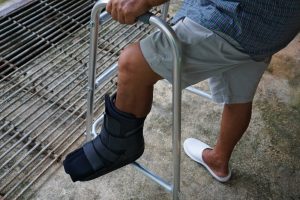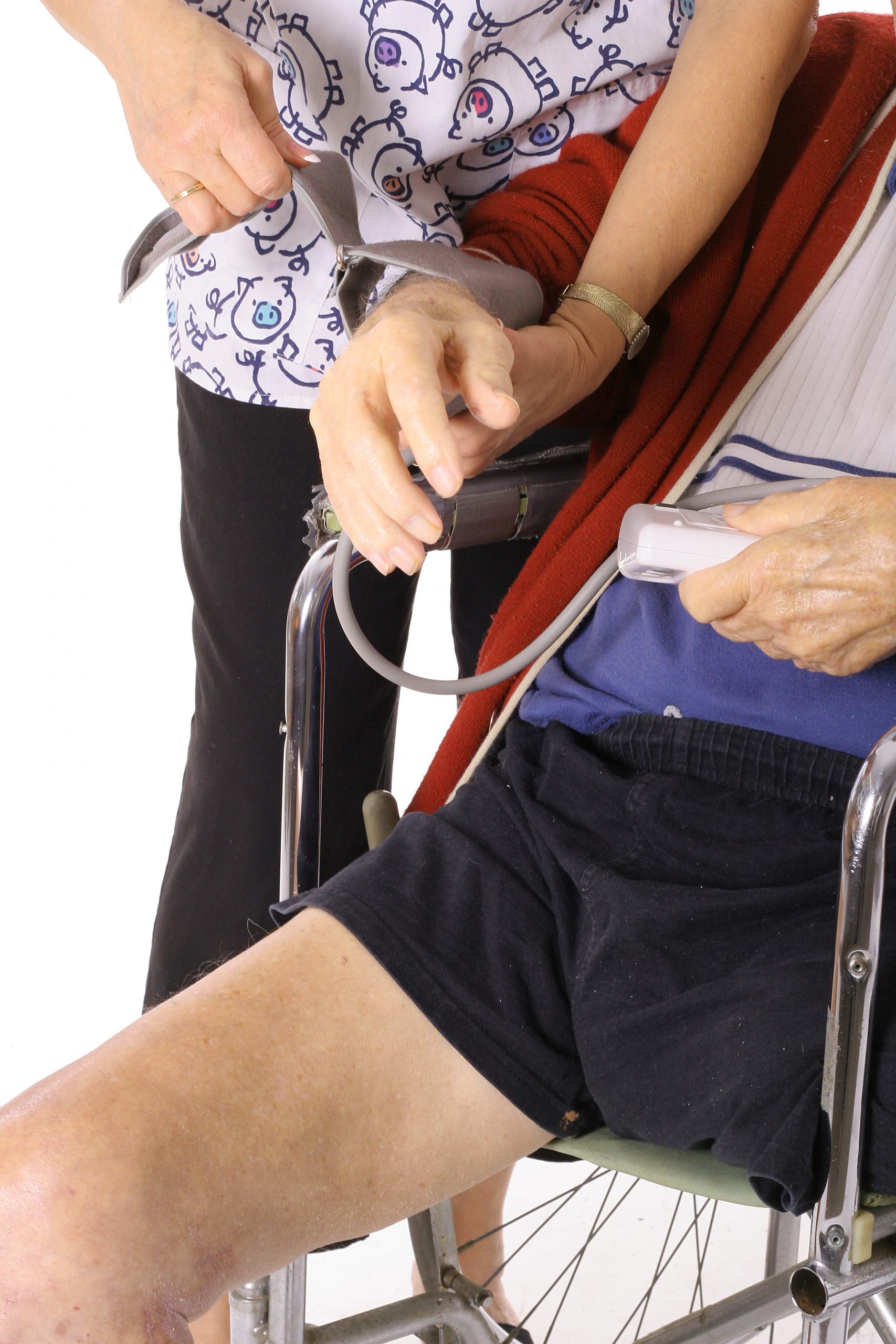The Centers for Medicare and Medicaid Services, commonly known as CMS, requires physician supervision of certain services as a condition for reimbursement. The required supervision level depends on the type of service performed, the setting where the service is performed and the physical location of where the service is performed. Adhering to the proper protocol is critical, as services furnished without the required level of physician supervision are not reimbursable by Medicare and may potentially have even more significant consequences, including civil and criminal penalties.
Types of Physician Supervision
Generally, there are three levels of supervision for diagnostic testing in non-hospital facilities:
- General supervision, which means the procedure is furnished under the supervising physician’s overall direction and control, but the physician’s physical presence is not required during the procedure’s performance.
- Direct supervision, which means the supervising physician must be present and immediately available to furnish assistance and direction throughout the procedure’s performance. It does not mean the physician must be physically present in the room when the procedure is performed.
- Personal supervision, which means the physician must be physically present in the room during the procedure’s performance.
Direct Supervision in Hospital Settings v. Non-Hospital Settings
CMS regulations tell us that the required direct supervision for diagnostic tests performed directly or under arrangement with a hospital or in an on-campus or off-campus outpatient department of the hospital (i.e., hospital settings) differs from the required direct supervision for diagnostic tests performed in a free-standing facility, physician’s office or independent diagnostic testing facility (i.e., non-hospital settings).
For diagnostic tests performed in hospital settings, direct supervision does not require the supervising physician to be present within any physical boundary as long as he or she is immediately available.
In contrast, when services are provided in non-hospital settings or under arrangement with hospitals in non-hospital settings, direct supervision requires the supervising physician to remain present in the “office suite” where the service is being performed and be immediately available to give assistance and direction throughout the performance of the procedure.
What Does Office Suite Mean in Non-Hospital Settings?
While we know that supervising physicians are not physically bound in hospital settings and that they are physically bound in non-hospital settings, a question arises: what are the physical boundaries supervising physicians must comply with in non-hospital settings?
Does office suite mean one space, as identified in a lease, containing a collection of smaller offices or rooms? Does it allow for one primary office suite with sub-suites within? What if two separate office suites have a connecting door in between them?
No CMS regulation, Medicare Benefit Policy Manual provision or any other authority defines “office suite,” nor is there any directive case law or advisement interpreting the meaning of “office suite.” In addition, there is a lack of guidance regarding interest in enforcing the relevant CMS regulations and consequences for failing to comply with the relevant CMS regulations.
Consequences of Failing to Comply with the Required Physician Supervision Requirements
Nevertheless, knowing your options and risks are critical. Should CMS find physician supervision practices noncompliant with CMS regulations, billing entities and supervising physicians may be subject to claims’ denials, be required to reimburse CMS, be subject to whistleblower lawsuits and medical malpractice lawsuits, and potentially face civil and criminal penalties.

 By:
By: 


 By:
By: 
 By:
By: 
 By:
By: 

